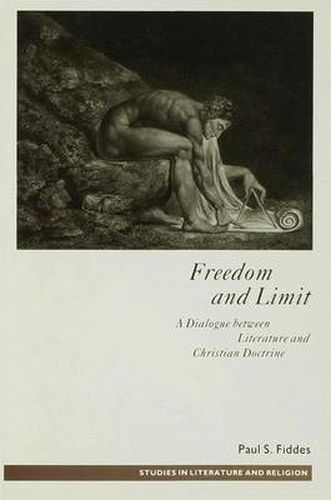Readings Newsletter
Become a Readings Member to make your shopping experience even easier.
Sign in or sign up for free!
You’re not far away from qualifying for FREE standard shipping within Australia
You’ve qualified for FREE standard shipping within Australia
The cart is loading…






This title is printed to order. This book may have been self-published. If so, we cannot guarantee the quality of the content. In the main most books will have gone through the editing process however some may not. We therefore suggest that you be aware of this before ordering this book. If in doubt check either the author or publisher’s details as we are unable to accept any returns unless they are faulty. Please contact us if you have any questions.
If imagination is understood to be a human response to the self-revelation of God, what practical results might this have for the work both of literary criticism and theology? Both theologians and creative writers find human existence to be characterised by basic tension between freedom and limit, which accounts for a sense of ‘fallenness’, and which a dialogue between literature and Christian doctrine can do much to illuminate. Such a dialogue is worked out in studies of the poetry of William Blake and Gerard Manley Hopkins, and the novels of D.H. Lawrence, Iris Murdoch and William Golding.
$9.00 standard shipping within Australia
FREE standard shipping within Australia for orders over $100.00
Express & International shipping calculated at checkout
This title is printed to order. This book may have been self-published. If so, we cannot guarantee the quality of the content. In the main most books will have gone through the editing process however some may not. We therefore suggest that you be aware of this before ordering this book. If in doubt check either the author or publisher’s details as we are unable to accept any returns unless they are faulty. Please contact us if you have any questions.
If imagination is understood to be a human response to the self-revelation of God, what practical results might this have for the work both of literary criticism and theology? Both theologians and creative writers find human existence to be characterised by basic tension between freedom and limit, which accounts for a sense of ‘fallenness’, and which a dialogue between literature and Christian doctrine can do much to illuminate. Such a dialogue is worked out in studies of the poetry of William Blake and Gerard Manley Hopkins, and the novels of D.H. Lawrence, Iris Murdoch and William Golding.